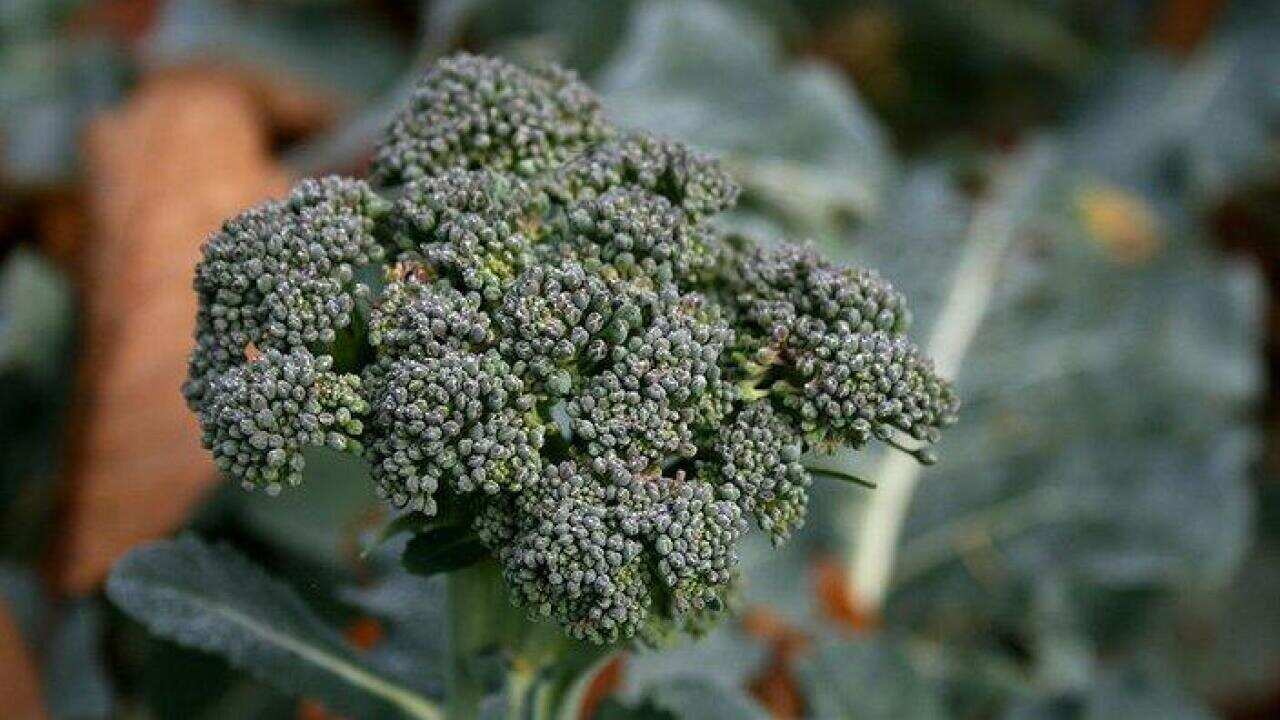Q: Are cruciferous vegetables really helpful for fighting cancer?
A: There’s no question that cruciferous vegetables, which include broccoli, cauliflower and Brussels sprouts as well as turnips and dark leafy greens like kale and arugula, are good for you. They’re high in fiber, low in calories and rich in nutrients, including vitamins C, E and K, folate and minerals.
Whether eating them also helps prevent cancer is a subject of intense research, said Vandana R. Sheth, a spokeswoman for the Academy of Nutrition and Dietetics. “While studies in lab animals find significant benefits as far as protecting DNA and anti-inflammatory benefits,” she said, “the results of human studies are mixed.”
All cruciferous vegetables contain glucosinolates, natural substances that break down during chopping, cooking, chewing and digestion into biologically active compounds called isothiocyanates and indoles. In laboratory experiments in rats and mice, these compounds have been found to inhibit cancers of the bladder, breast, colon, liver, lung and stomach. They protect cells from DNA damage by inactivating carcinogens and decreasing inflammation. They can also help inhibit the formation of blood vessels and the migration of tumor cells, processes that help spread cancer.
But studies in humans have been inconsistent. Many studies have found no association between cruciferous vegetable intake and cancers of the prostate, colon and rectum, lung or breast. Other studies, however, have found that men who ate diets high in cruciferous vegetables had a lower risk of prostate cancer, and that women whose diets were rich in these vegetables had a lower risk of breast cancer.
One Dutch study reported that women who ate lots of cruciferous vegetables had a reduced risk of colon cancer, but not of rectal cancer. And an analysis of a nurses’ study found that women who ate more than five servings a week of cruciferous vegetables had a lower risk of lung cancer.
A person’s genetic makeup may help to explain the inconsistent findings. Scientists recently learned that half the population does not carry a gene that determines how long the body retains and uses the protective compounds derived from these vegetables.
Cruciferous vegetables also contain other protective compounds, including carotenoids, plant pigments that may control abnormal cell growth; vitamin C, which acts as an antioxidant, protecting cells and supporting the immune system; and folate, which may also help to maintain healthy DNA and keep cancer-promoting genes turned off.
Cruciferous vegetables are nonstarchy and are a good source of fiber, and the American Institute for Cancer Research’s review of the literature concluded that diets high in dietary fiber “convincingly” lower the risk of colorectal cancer; that diets high in nonstarchy vegetables “probably” reduce the risk of cancers of the mouth, throat and voice box; and that diets high in foods containing carotenoids “probably” reduce the risk of lung cancer, as well as cancers of the mouth, throat and voice box.
The World Cancer Research Fund says there is limited evidence suggesting that nonstarchy vegetables reduce the risk of mouth, throat, voice box, esophagus, lung and estrogen-receptor negative breast cancers, and strong evidence that fiber decreases the risk of colon cancer.
Sheth warned it is best to obtain these nutrients through the diet rather than through dietary supplements, since excessive amounts of some vitamins and carotenoids may actually be harmful. While too little folate is associated with an increased risk of colorectal cancer, recent studies have linked unusually high amounts of folic acid — the form found in supplements and fortified foods — to an increased risk of colorectal cancer.
But you cannot go wrong incorporating a lot of cruciferous vegetables in your diet, Sheth said. “The bottom line is that eating more vegetables is good for us,” she said.
Insight is Australia's leading forum for debate and powerful first-person stories offering a unique perspective on the way we live. Read more about Insight
Have a story or comment? Contact Us


